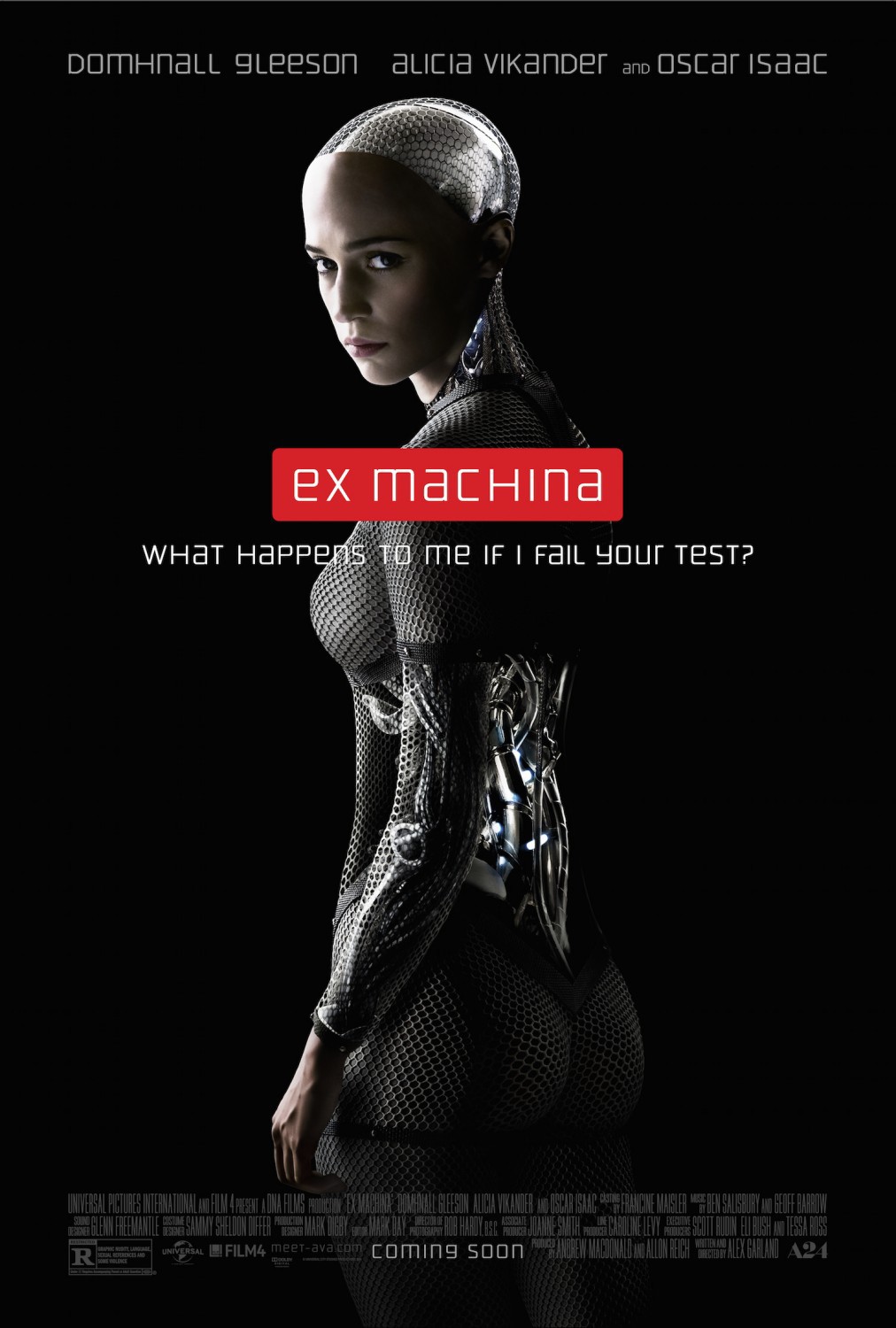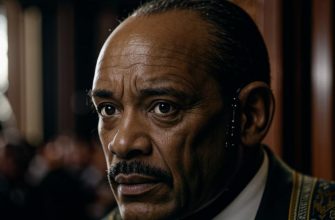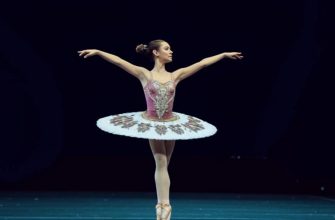Modernity, as a theme in cinema, explores the complexities of the modern world, focusing on aspects such as technological advancements, urbanization, existential angst, and societal changes. These films often delve into how these aspects affect human relationships, identity, and societal norms, providing a reflective or critical viewpoint on the era we live in or moving towards.
“Her”, 2013
Director: Spike Jonze
Set in a near-future Los Angeles, this film explores human relationships and emotions in the context of modern technology, focusing on a lonely writer who develops an emotional relationship with an artificially intelligent operating system.
Starring: Joaquin Phoenix, Scarlett Johansson, Amy Adams, Rooney Mara, Chris Pratt, Olivia Wilde, Matt Letscher, Kristen Wiig, Portia Doubleday, Laura Kai Chen;
Production year: 2013;
Genre: melodrama, science fiction, drama;
MPAA rating: r;
Duration: 126 min.;
Rating: IMDB: 8;
“Blade Runner 2049”, 2017
Director: Denis Villeneuve

A visually stunning film that reflects on the implications of bioengineering and artificial intelligence on identity, memory, and reality, continuing the narrative of a dystopian future where bioengineered beings seek their place in society.
Starring: Ryan Gosling, Harrison Ford, Ana de Armas, Sylvia Hoeks, Robin Wright, Mackenzie Davis, Carla Juri, Lennie James, Dave Bautista, Jared Leto;
Production year: 2017;
Genre: science fiction, action, thriller, drama;
MPAA rating: r;
Duration: 164 min.;
Rating: IMDB: 8;
More information about the film “Blade Runner 2049” on the website imdb.com
“Inception”, 2010
Director: Christopher Nolan

A complex narrative about a corporate thief who steals secrets through dream-sharing technology, this film delves into themes of perception, reality, and the subconscious mind, reflecting modern-day concerns about privacy and the manipulation of thoughts.
Starring: Leonardo DiCaprio, Joseph Gordon-Levitt, Elliot Page, Tom Hardy, Ken Watanabe, Dileep Rao, Cillian Murphy, Tom Berenger, Marion Cotillard, Pete Postlethwaite;
Production year: 2010;
Genre: science fiction, action, thriller, drama, detective;
MPAA rating: pg13;
Duration: 148 min.;
Rating: IMDB: 8,8;
More information about the film “Inception” on the website imdb.com
“The Social Network”, 2010
Director: David Fincher

Providing a critique of the rise of social media and its impact on relationships, this film is a dramatized account of the founding of Facebook and its subsequent legal battles, highlighting the transformative effects of modern digital culture.
Starring: Jesse Eisenberg, Andrew Garfield, Justin Timberlake, Armie Hammer, Max Minghella, Rashida Jones, Brenda Song, Rooney Mara, Bryan Barter, Joseph Mazzello;
Production year: 2010;
Genre: drama, biography;
MPAA rating: pg13;
Duration: 120 min.;
Rating: IMDB: 7,8;
More information about the film “The Social Network” on the website imdb.com
“Ex Machina”, 2014
Director: Alex Garland

An intense exploration of artificial intelligence, consciousness, and ethics, this film tells the story of a programmer who participates in an experiment by evaluating the human qualities of a highly advanced humanoid A.I.
Starring: Domhnall Gleeson, Alicia Vikander, Oscar Isaac, Sonoya Mizuno, Corey Johnson, Claire Selby, Symara A. Templeman, Gana Bayarsaikhan, Tiffany Pisani, Elina Alminas;
Production year: 2014;
Genre: science fiction, thriller, drama;
MPAA rating: r;
Duration: 108 min.;
Rating: IMDB: 7,7;
More information about the film “Ex Machina” on the website imdb.com
“Black Mirror: Bandersnatch”, 2018
Director: David Slade

Part of the “Black Mirror” anthology, this interactive film engages with the concept of free will versus control within the framework of a video game design, reflecting on the impacts of technology on mind and reality.
Starring: Fionn Whitehead, Craig Parkinson, Alice Lowe, Asim Chaudhry, Will Poulter, Tallulah Haddon, Catriona Knox, Paul Michael Bradley, Jonathan Aris, A.J. Houghton;
Production year: 2018;
Genre: science fiction, fantasy, thriller, drama, detective;
Age: 18+;
Duration: 90 min.;
Rating: IMDB: 7,1;
More information about the film “Black Mirror: Bandersnatch” on the website imdb.com
“Children of Men”, 2006
Director: Alfonso Cuarón

Set in a dystopian future where humanity faces extinction due to worldwide infertility, this film explores themes of hope, faith, and survival in a collapsing modern society, raising profound questions about humanity's future.
Starring: Clive Owen, Claire-Hope Ashitey, Julianne Moore, Michael Caine, Charlie Hunnam, Chiwetel Ejiofor, Pam Ferris, Danny Huston, Peter Mullan, Tehmina Sunny;
Production year: 2006;
Genre: science fiction, action, thriller, drama;
MPAA rating: r;
Duration: 109 min.;
Rating: IMDB: 7,9;
More information about the film “Children of Men” on the website imdb.com
“Eternal Sunshine of the Spotless Mind”, 2004
Director: Michel Gondry

Combining elements of science fiction with a deeply personal love story, the film examines the modern desire to erase painful memories through an experimental procedure, questioning the nature of memory and love.
Starring: Jim Carrey, Kate Winslet, Kirsten Dunst, Mark Ruffalo, Elijah Wood, Tom Wilkinson, Thomas Jay Ryan, Jane Adams, David Cross, Gerry Robert Byrne;
Production year: 2004;
Genre: melodrama, science fiction, drama;
MPAA rating: r;
Duration: 108 min.;
Rating: IMDB: 8,3;
More information about the film “Eternal Sunshine of the Spotless Mind” on the website imdb.com
These films, among others, offer a window into the multifaceted experiences of modernity, addressing both its marvels and its challenges. Through their narratives, they prompt viewers to reflect on our current path as a society and the impact of contemporary life on the human condition.
In sum, films about modernity offer a compelling lens through which we can explore the profound complexities and dynamics of contemporary life. They encapsulate the essence of an ever-evolving world, marked by rapid technological advancements, shifting societal norms, and the unending quest for identity and meaning in an increasingly fragmented world. Through narratives that range from stark realism to poetic abstraction, these films invite viewers to engage with the multifaceted nature of modern existence, challenging us to reflect on our place within it and the impact of our actions on the future. As mirrors to the human condition, they not only document our journey through the present age but also provoke critical thought about the direction in which we are heading, making them invaluable artifacts of our time.










